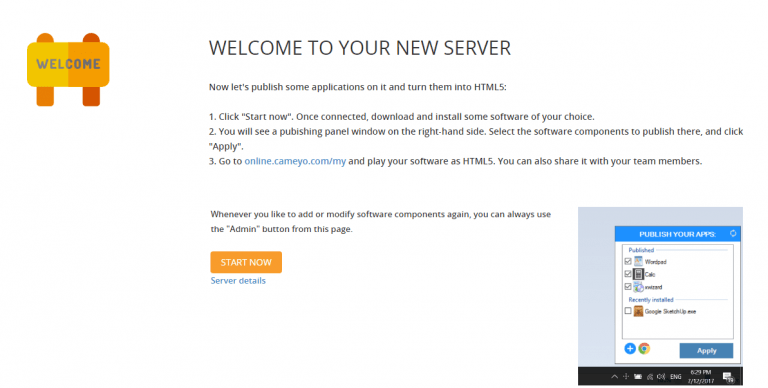

To address these gaps, the thesis employs an interpretive case study approach as the methodology and a combined lens of activity and agency theories as the theoretical foundation to understand how an HEI in a developing country context can migrate its physical work environment to virtual work environment.

Moreover, previous research on activity theory and IS research have mainly focused on a single actor, a dyad of two subjects or a team but not as multiple actors in a principal-agent relationship engaged in an activity. It is thus important that IS research on higher education information systems pays attention not only to the learning environment but also to the work environment since the work environment offers the necessary support for learning. Also, whilst IS research in HEIs has examined technology virtualisation in terms of desktop virtualisation, server virtualisation and network virtualisation, less emphasis has been on work environment virtualisation or the virtualisation of the human work experience. As a result, less research attention has been given to virtualisation of work environment within HEIs.

Though globalisation and information technology have been key trends shaping this changing nature of the work environment, Information Systems (IS) research on HEIs systems over the years has focused more on e-learning and the virtual learning environment (VLE). The nature of work and work environment are rapidly changing in terms of where, how and when people work. The purpose of the study is to understand the enablers and constraints in work environment virtualisation in a developing country higher education context.


 0 kommentar(er)
0 kommentar(er)
